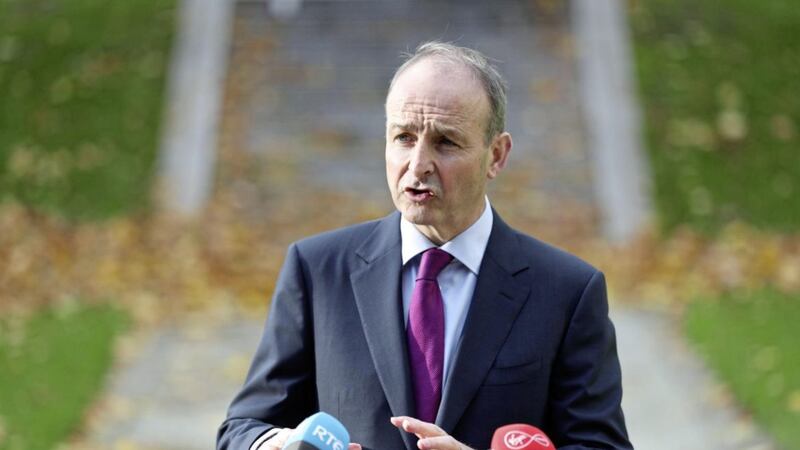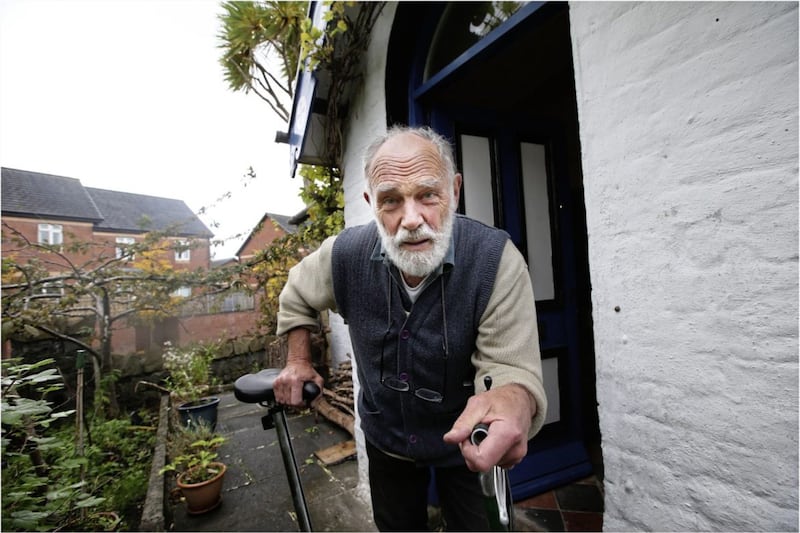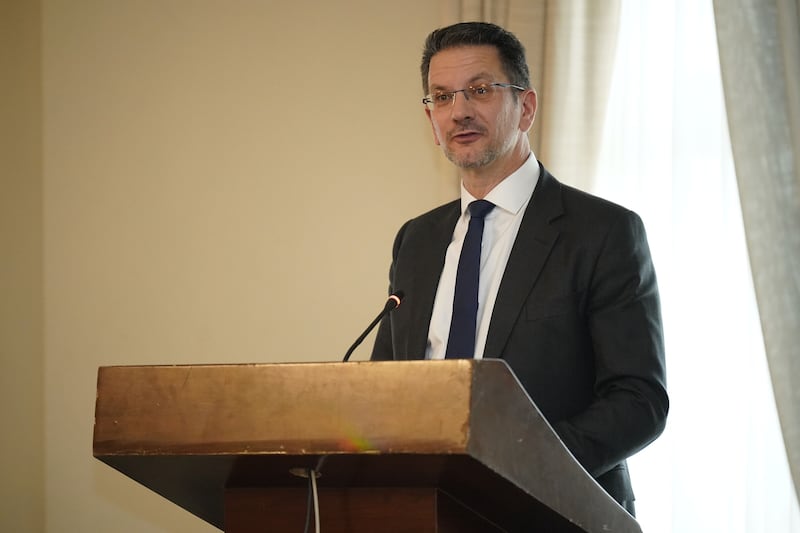WHEN the Berlin Wall came down in November 1989 it was speculated that the reunification of Germany would take a further decade. But the momentum to bring the east and west of the country together after 45 years of separation was overwhelming, and within less than 12 months the previously communist German Democratic Republic had been absorbed by its bigger neighbour.
Events – as former British prime minister Harold Macmillan once noted – have a tendency to accelerate change and outflank received political thinking.
Brexit was initially regarded as a victory by the DUP. Alongside a degree of gloating at what were termed ‘Remoaners’, many unionists expected breaking ties with Brussels to result in a greater cementing of relations between the north and Britain.
This was a misapprehension based on wishful thinking. Greater powers recognised the folly of undoing a quarter of a century of peace by reimposing a border in Ireland. Economic forces that ignore notions of sovereignty are also at work, while events such as Brexit have unintended consequences, often leading to rapid shifts in public behaviour.
There will many who will find flaws in the polling methodology of the Sunday Times-commissioned research but they’re likely to be among the same group of people who don’t like its findings.
What is inescapable is that increasing numbers are talking about the potential of Irish unity and, as Secretary of State Brandon Lewis and DUP MP Gavin Robinson have shown, more people are acknowledging the need to have a conversation about the north’s constitutional future, whether you support the status quo or not.
The failure in some quarters to recognise the significance of these recent comments is telling. Both London and Dublin need to accept that even within the space of a year, as the LucidTalk polling reflects, the public mood has changed, and ignoring people’s growing desire to explore alternative constitutional arrangements is no longer an option. To date, the conversation has been led by civic nationalism, with its unionist counterpart belatedly preparing to offer a riposte. But while it is important that discussions take place outside the formal political arena, the need for substantive action at government level is arguably more pressing.
Through his Shared Island unit, Taoiseach Micheál Martin has shown a degree of foresight and imagination in addressing the challenging constitutional questions. However, if the latest polling can be regarded as an accurate reflection of public opinion, then the Fianna Fáil leader’s initiative needs augmenting quickly and its remit broadened in preparation for a coming referendum.
The task for the British government is greater. It must first of all go well beyond what the secretary of state said last week and stop behaving in such a partisan manner. The UK government is fully entitled to argue its case but as the sole arbiter in the decision to call a border poll, it is only fair that it spells out clearly the criteria for such a decision. That would effectively sound the starting gun in preparations for a referendum.
The one consensus about Brexit is that everybody was ill-prepared and to some extent ill-informed.
Those in power need to avoid making the same mistake twice.








